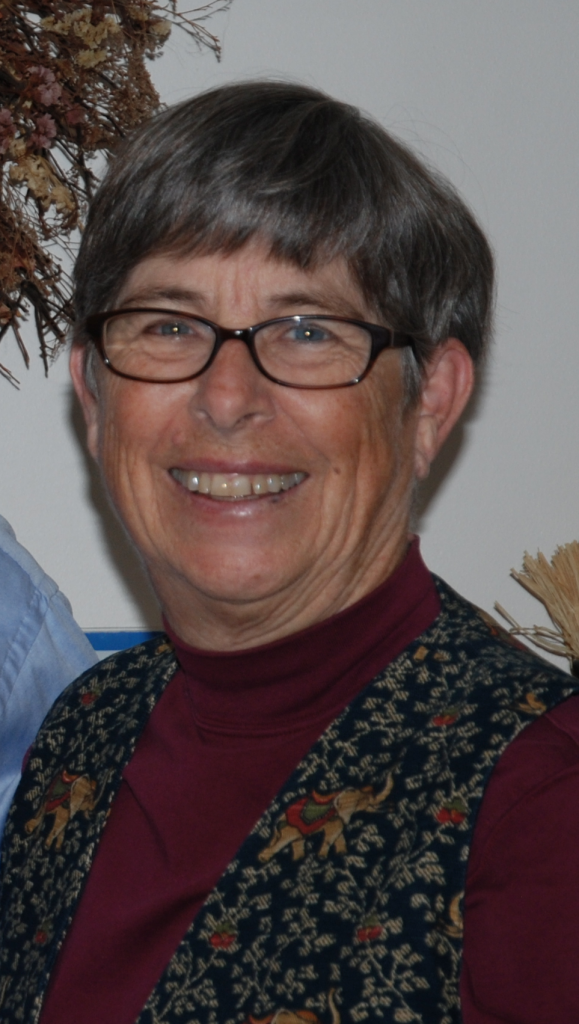
30 year resident of Palo Alto,
Retired PAUSD ESL Teacher,
CCIS President
CCIS (Community Committee for International Students at Stanford University) is an organization that provides support to International Grad Students, Post-Docs, Visiting Scholars and their families at Stanford. Some of our popular programs include Homestay, English in Action (Converse and Connect), Friday Morning Coffee, English Classes, and so many more. See: website: ccisStanfordU.org
____________________________________________________
Spring has brought blossoms to the trees and blooms to our gardens…so much beauty all around. But Spring has also brought us a reminder that prejudice and bigotry are endemic in America. We see it in the trial of Derek Chauvin and in the increasing episodes of violence against Asian Americans. For those of us in CCIS who love having contact with internationals from all over the world, it is difficult to understand this level of hatred and bigotry.
At first I wanted to think that this problem was happening somewhere else, not in Palo Alto, but my friend’s forty year old son was harassed just this weekend while jogging in the park. Someone yelled at him to “Go back where you came from.” He’s an Asian American, born and raised in Palo Alto. Sadly, Palo Alto is not immune to this kind of bigotry. Just as we prepare for earthquakes or power shut-offs, we should all probably prepare for how we will respond the next time we see harassment.
How you respond will depend upon the circumstances, but thinking about how to respond before you find yourself thrust into that situation, will be helpful. In the case of the murder of George Floyd, all the bystanders could do was document it with their phone cameras. As we have seen, the evidence may be important later on. Sometimes you may be able to get help to stop the harassment or the violence by calling 911 or by asking other bystanders for help. Bullies will often leave when confronted by a group. If the harassment has not become violent, you may be able to interrvene by pretending to know the victim and saying something like, “Hey, old friend, long time no see. Do you want to get out of here and go get a cup of coffee?” If the victim takes the hint and leaves the scene with you, you may just find that you have found a new friend. Sometimes you may only feel comfortable going up to the victim afterwards and saying how awful you feel that this happened to them. Whatever you feel you are able to do, it’s most important to let the victim know s/he is not alone and that you don’t condone what has happened.
___________________________________________________
BILLY’S COMMENTS: CCIS and USCPFA-S.Bay are two communities where I volunteered to learn about Cross-cultural Bonding. Thru CCIS’s EIA ( English in Action Program ), Dr. Junichi Matsubara from Kyoto , Japan and I had almost three years of weekly conversations to practise English. We became truly intimate friends, and he named his son – born at Stanford Hospital – Little Billy. That is, indeed, my most gratifying life reward.
____________________________________________________